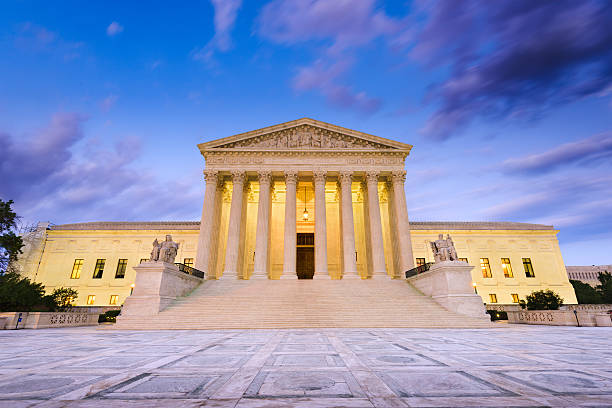This week, the Supreme Court began hearing oral arguments in a case that could have far-reaching consequences for police enforcement.
The question is whether police officers can be held liable for failing to read a suspect his or her Miranda rights.
The lawsuit stemmed from a 2014 dispute between a hospital nursing assistant Terence Tekoh and a Los Angeles County Sheriff’s Deputy Carlos Vega over an alleged sexual assault at County-USC Medical Center.
After nurses informed the deputy that Tekoh was spotted transporting the extremely sedated patient to her room, Vega began questioning her.
While Vega claims Tekoh admitted to making a mistake and consented to provide a confession, Tekoh claims he was harrassed by Vega in a separate room for over an hour. The nursing assistant also claimed that Vega misled him by telling him that the sexual assault was caught on camera.
Tekoh further claims that Vega turned down his request for an attorney and prevented him from leaving the room until he signed a confession.
After being acquitted of abusing the patient, Tekoh filed a lawsuit against Vega for allegedly forcing him to sign a confession and failing to read him his rights.
Tekoh lost his lawsuit, and a federal judge ruled that his only chance of restitution was to show that Vega compelled his confession, as failure to provide Miranda rights is not actionable on its own. Tekoh, on the other hand, was successful on appeal, and Vega is now seeking redress from the Supreme Court.
In Miranda vs. Arizona, the Supreme Court declared that police officers must tell suspects of their constitutional rights, and that failure to do so will result in a confession being thrown out of court.
Still, the Supreme Court has not determined that a Miranda warning is a fundamental right, and it does not appear to be ready to do so today.
The publication cited statements made by Chief Justice John Roberts and Justice Amy Coney Barrett on Wednesday that suggested they were hesitant to uphold Miranda warnings as a fundamental privilege.
It also noted Justice Clarence Thomas’ long-held position that Miranda should not be viewed as a police conduct code.













